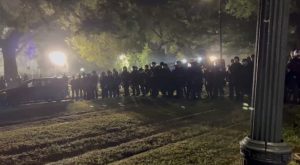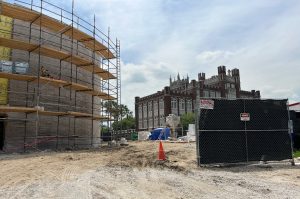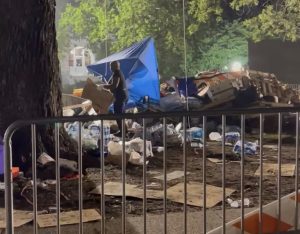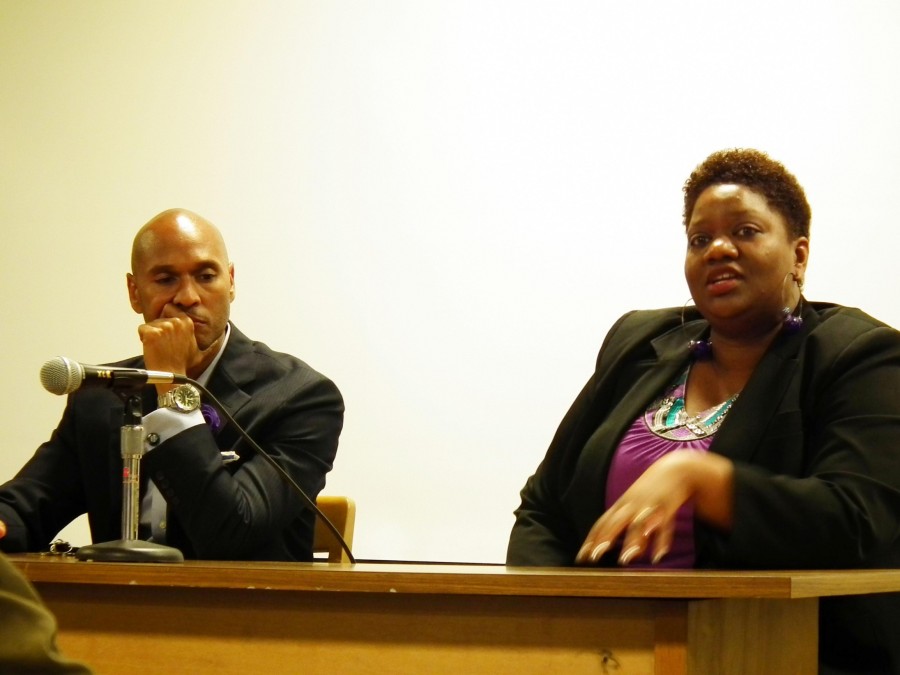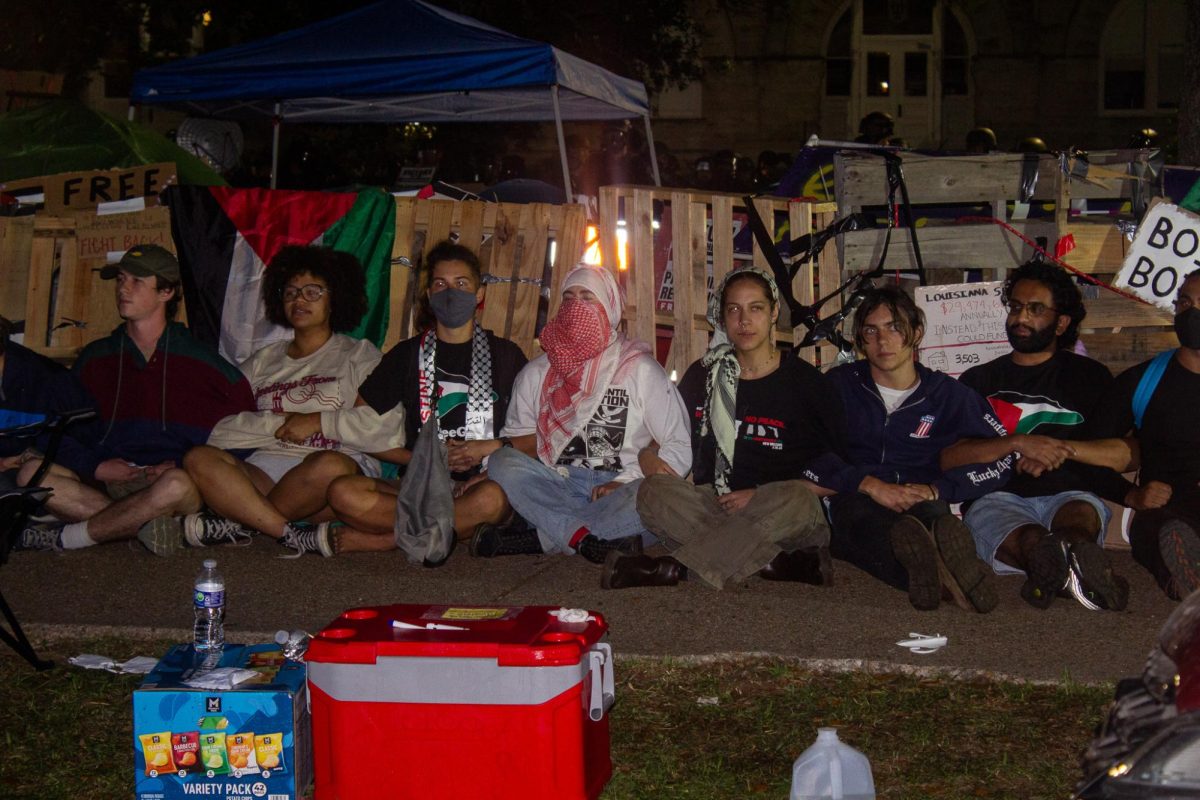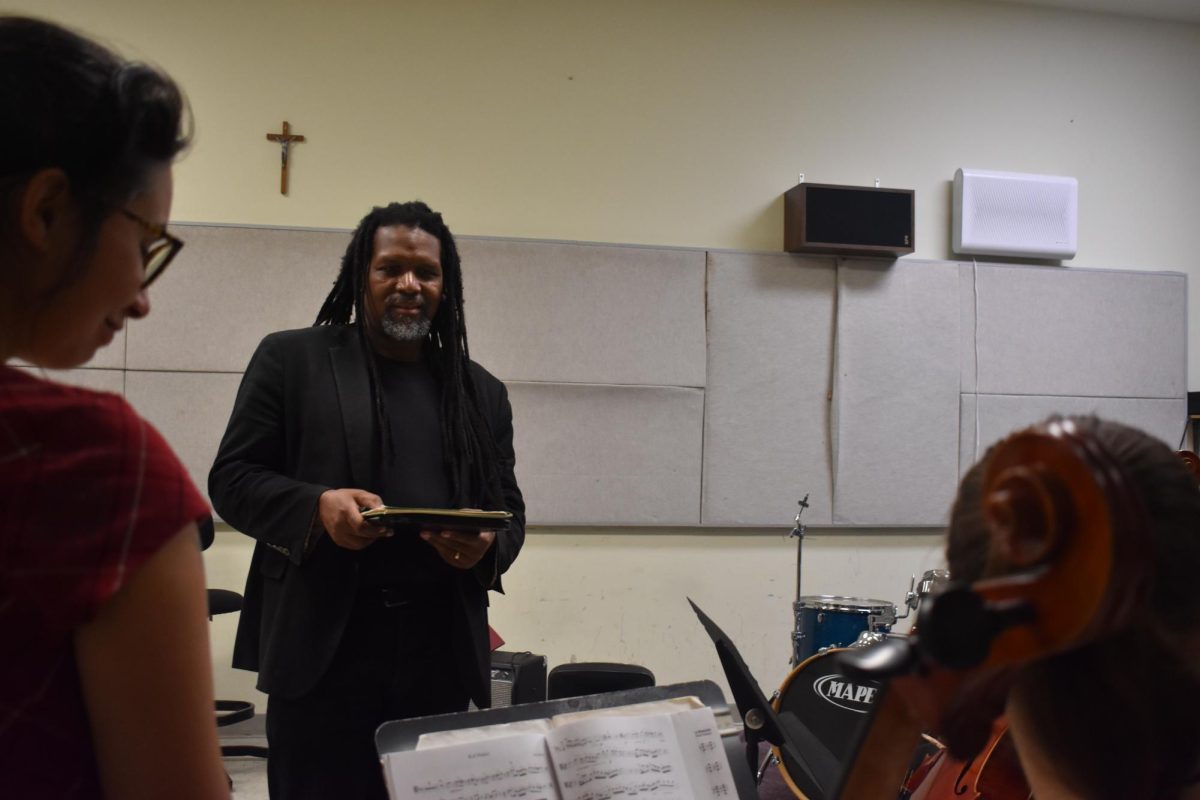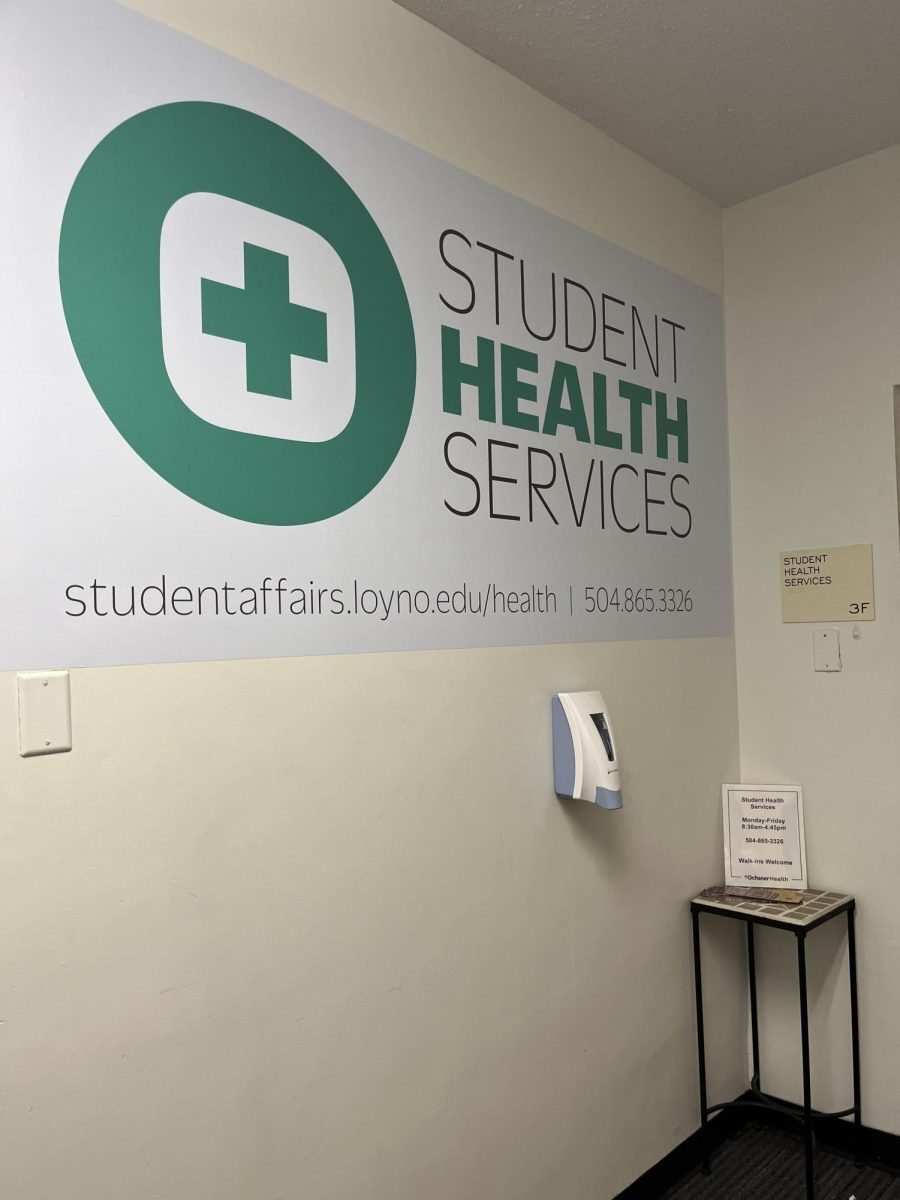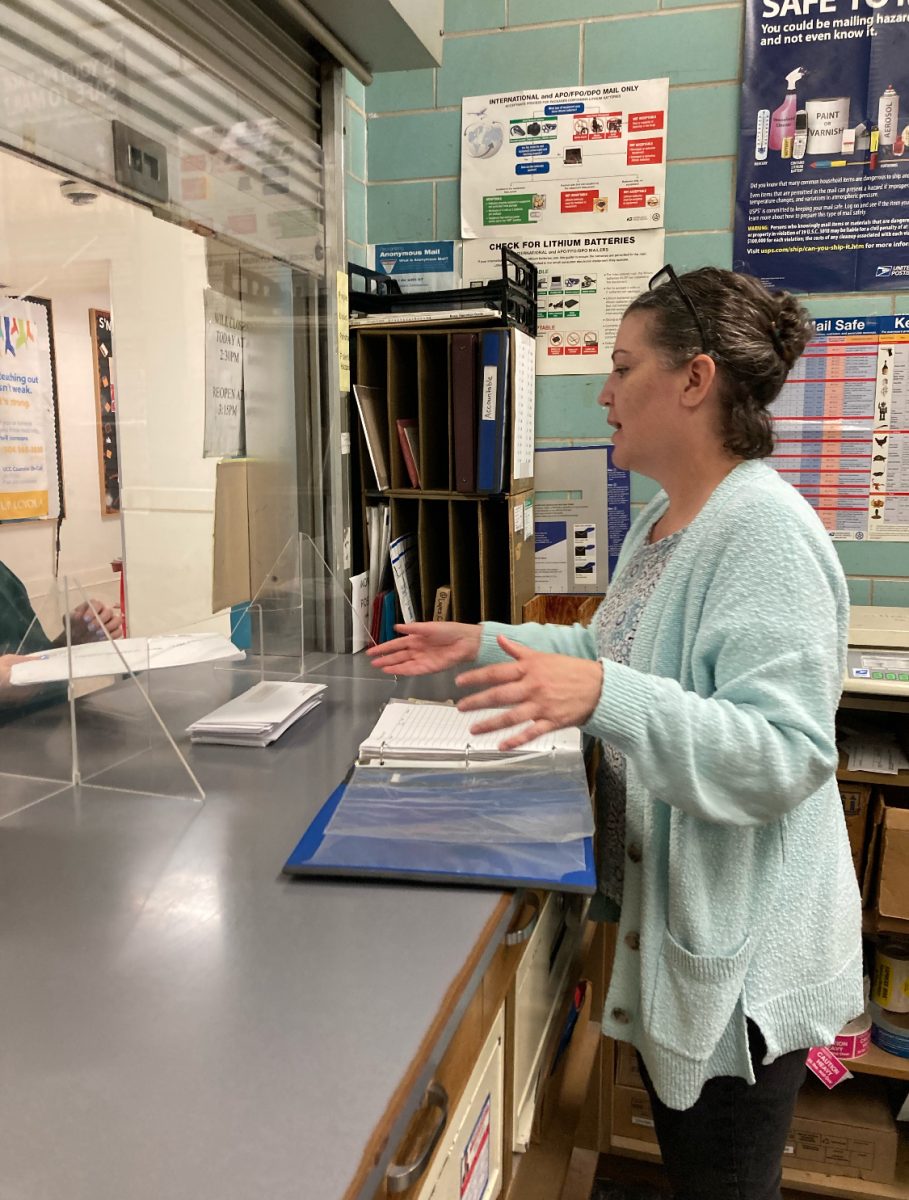The Black Student Union celebrated 44 years of existence on Nov. 6 and decided to party all week long.
Courtney Williams, assistant director of campus activities, said BSU celebrations in the past has been one day, but this year members extended events to three days.
BSU Week kicked off Nov. 3 and ended Nov. 6, covering multiple events including an interfaith mass service, a colorism forum and a showing of the movie which focused on New Orleans violence.
He said BSU made sure to work with University Ministry to combine forces and resources while avoiding overlapping with Loyola week. He said he believes it worked out in their favor.
“It was like the perfect storm were it coincided with Loyola week,” Williams said.
Williams said that the interfaith service Sunday night was the perfect way to begin their festivities and tie in to Loyola week.
Natalie Paul, BSU president and criminal justice sophomore, said she was most excited for BSU day, because they are celebrating their 44 years existence.
“It’s important because it’s a city proclamation that Nov. 6 is BSU day,” Paul said. “It’s an honor to be a part of this organization.”
Asia Cleggett, BSU’s program director and sociology sophomore, said her mother was diagnosed with Lupus at 17, and she was inspired to enlighten the Loyola black community about this disease.
“I figured we should talk about heath disparities and how black people were many times more likely to get disease or die from certain things that white people or minorities don’t have to worry about,” Cleggett said.
Cleggett said she felt like the colorism forum was her first successful program for BSU. Colorism deals with people being discriminated against or treated differently based on their skin color in America, she said.
Amanda Osei, biology junior, said she believes that colorism isn’t just an African American problem.
“The new thing is to bleach their skin,” Osei said. “It’s crazy because for hundreds and hundreds and hundreds of years people were perfectly happy with their skin color until European and American society imposed themselves.”
Brian Briggs, mass communication sophomore, said his mother taught him that skin color should not matter.
“I was very white, I guess you could say,” Briggs said.
However, Briggs said his mentality changed once he was in seventh and eighth grade and was immersed into a neighborhood program.
“I went from being super white to wearing baggy pants, girbauds and braids. My whole mannerism changed because I wanted to fit in with the black kids,” Briggs said.
Avia Alonzo, office manager for the department of Languages and Cultures said she believes the colorism forum allowed her to see different student perspective on colorism.
She said applauded their “brutal honesty.”
Cleggett said each panelist had different opinions and personal experiences of colorism, but they had something in common.
Kayla Allain, psychology freshman, thinks different forums really open people’s minds and embody the meaning behind BSU week.
Deandra Small, psychology sophomore and special events coordinator, said BSU’s main objective is to get a more diverse group of students to participate in their club.
“People see the B in BSU and think, ‘Oh, I’m not black. I can’t have anything to do with it,'” Smalls said.
Small and Paul said anyone can become involved in BSU.
“The common misconception is that BSU is only for black students, but it’s not. It’s for everyone,” Paul said.
“Many of the issues that affect the black community affect other communities,” Cleggett said.
Diana Mirfiq can be reached at [email protected]
Editor’s note 11/18/13: Minor changes were made to correct overlooked errors in the story’s original cohesiveness.


